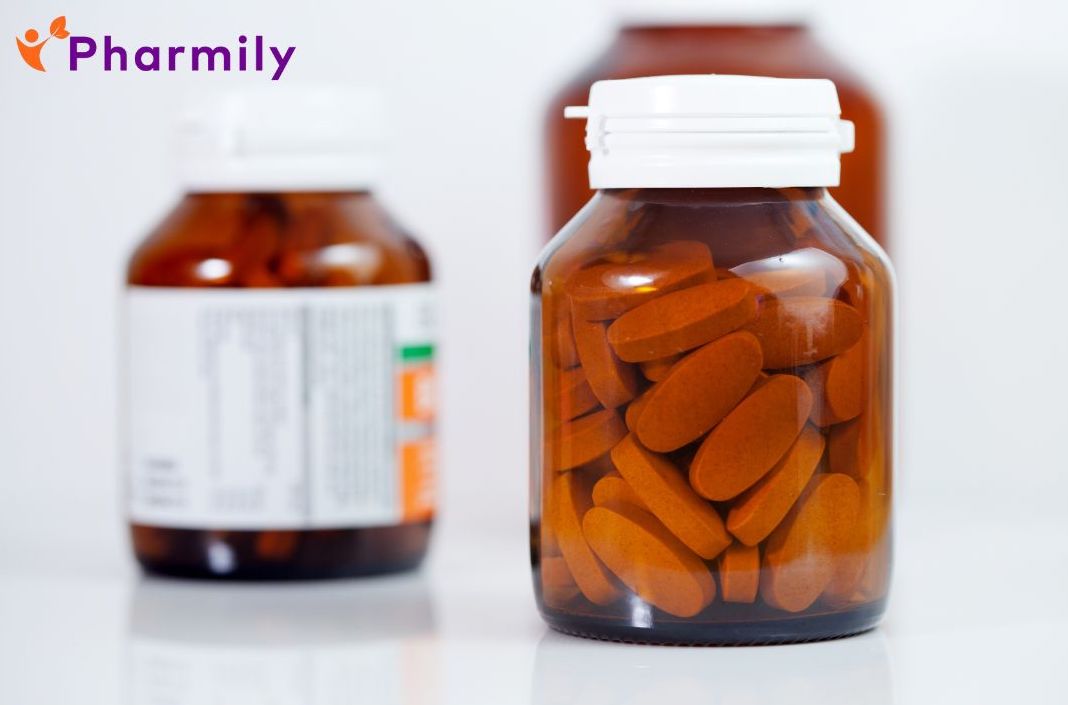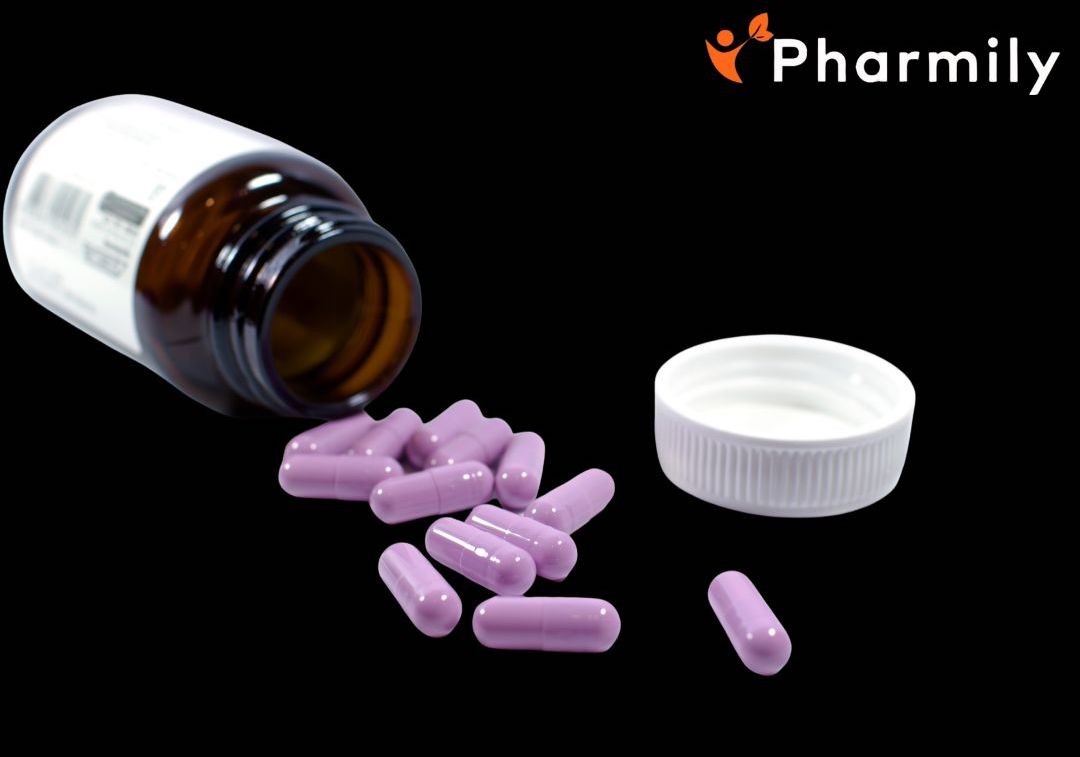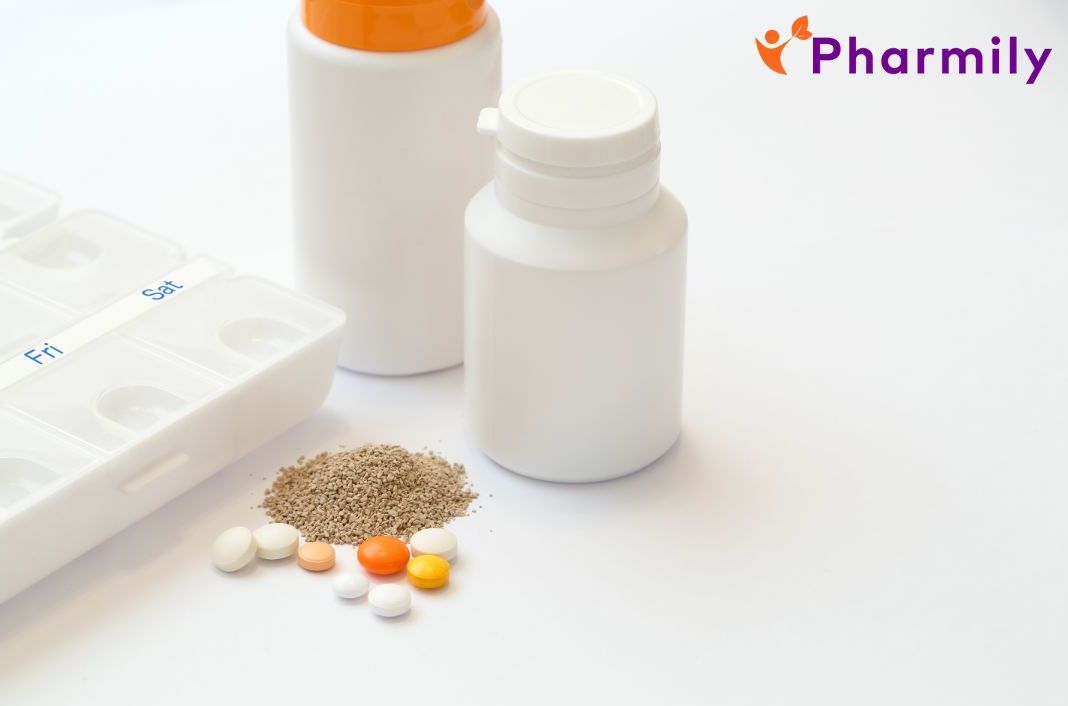


Date: 26 Sep 2025
Every flu season you’ll see claims like “Take vitamin C so you won’t get the flu” or “Zinc can cure flu fast.” People rush to clear supplement shelves hoping for protection. But do these claims hold up?
As a pharmacist, I’ve studied science. Let me break down what supplements can and can’t do, how to use them safely, and how they really work—not just hype.
The flu (influenza) is a virus that attacks your lungs and airways, causing fever, aches, chills, sore throat, fatigue, and sometimes dangerous complications like pneumonia. Because it’s viral, antibiotics won’t help. The best way to deal with flu is a mixture of:
Supplements are not magic—but some have evidence showing they may help reduce how long you feel bad or ease symptoms modestly.

Vitamin C helps your immune cells function better and may help reduce inflammation. But research shows it doesn’t reliably prevent flu in healthy people. What it can do is slightly reduce how long symptoms last—especially in people under stress or those with low vitamin C diets.
Zinc is one of the stronger picks. If taken early (within 24–48 hours of symptom onset), zinc lozenges or supplements may shave off 1–2 days of flu symptoms. But too much zinc can cause nausea or upset your absorption of copper and other minerals.
Vitamin D does more than help bones—it regulates inflammation and supports lung defense. Studies indicate that low vitamin D levels are linked to more frequent respiratory infections, and supplementation may reduce the risk or severity of those infections, especially in people who are deficient. But the effect is moderate—not a guarantee.
Herbal supplements like echinacea and elderberry are popular—but evidence is mixed. Some small trials suggest elderberry might reduce symptom duration slightly when used early. Echinacea results are inconsistent. The quality and standardization of herbal products vary a lot, so they carry more uncertainty.

Whether you’re looking to ease flu symptoms or strengthen your immune defenses naturally, Pharmily offers safe, affordable, and fast delivery anywhere in Kenya.
Zinc is one of the best studied minerals for respiratory viruses. When taken early (within the first day or two of flu symptoms), it can help shorten how long you feel sick by about 1–2 days. Too much zinc can cause nausea or interfere with absorption of other minerals, so stick to recommended doses and take with food to reduce stomach upset.
This is a zinc form (zinc picolinate) that tends to be well absorbed by the body. Even though the dose is smaller, it gives your immune system a gentle boost—helping your white blood cells to work better. It’s a good option if high-dose zinc makes your stomach upset or if you want a milder supplement.
Vitamin D is often overlooked, but it has a key role in regulating inflammation and protecting your lungs. If you're low in vitamin D (which many people are), supplementing may reduce your risk of respiratory infections. In flu season, a good vitamin D level helps your body respond more effectively to the virus.
This is a liquid supplement that delivers both omega-3 fatty acids (EPA and DHA) and vitamin D. Omega-3s have anti-inflammatory effects, which may help ease some of the body soreness and lung irritation from the flu. The added vitamin D supports immune function further.
This is a multivitamin formula that already includes zinc, vitamin D, vitamin C, and selenium—nutrients known to support immune health. When flu symptoms start, taking a well-rounded immune support formula like this (as long as you don’t double up on the same vitamins) can give your body broader support to fight off infection.
Explore trusted, pharmacist-recommended supplements like zinc, vitamin C, elderberry, and vitamin D — all available at Pharmily.co.ke.

Over‑the‑counter symptom control: pain relief, decongestants, lozenges (as needed)
You can safely shop for verified supplements and medications in Kenya through trusted pharmacies like Pharmily Limited Kenya—that gives you confidence you're not getting fakes.